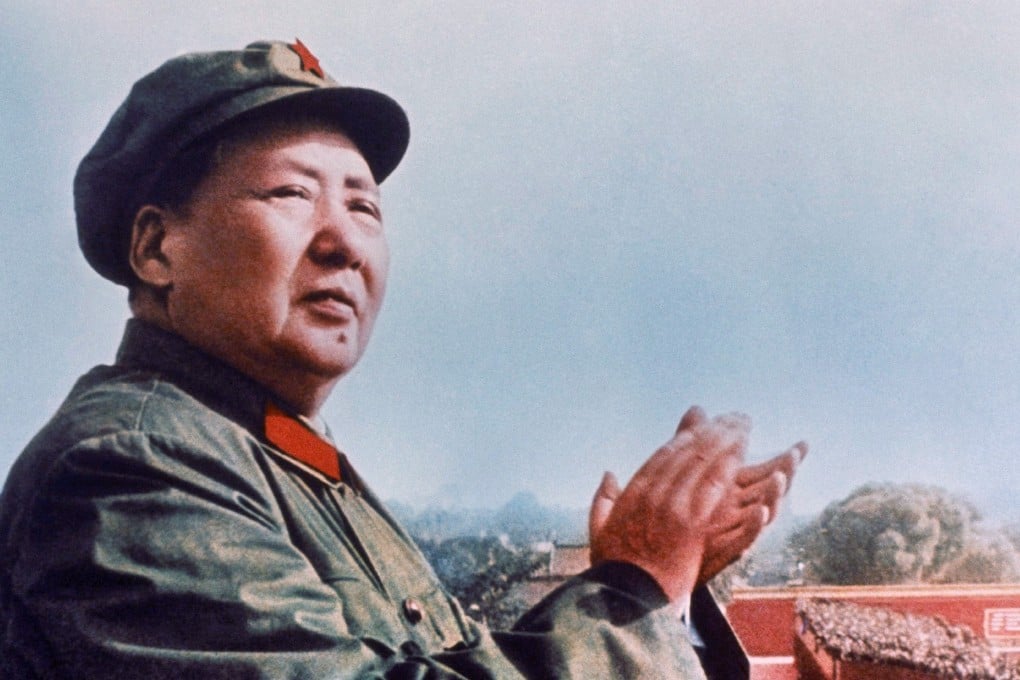Explainer | From Mao Zedong to Xi Jinping: how China’s Communist Party leaders have shaped its ideology
- Across ‘five generations’ they all developed their own doctrines that have been enshrined in the party charter
- They progress from a peasant-led revolution to market reform and economic development, to Xi’s new era

This is the 14th in the South China Morning Post’s series of explainers about the Communist Party of China in the lead-up to the party’s centenary in July. Here, Josephine Ma looks at how the party’s ideology has evolved under different leaders.
As the needs of the country changed, each party leader has had his own thoughts about how to interpret the teachings of predecessors and develop new ones.
Mao Zedong, Deng Xiaoping, Jiang Zemin, Hu Jintao and current general secretary Xi Jinping have each headed one of China’s “five generations of leaders” – and all of them developed distinctive, comprehensive doctrines that have been enshrined in the party charter.

First generation (1949-76) led by Mao Zedong
The founding father of the People’s Republic of China, Mao’s thoughts on achieving a socialist revolution differed philosophically from Marxism-Leninism in some aspects.
